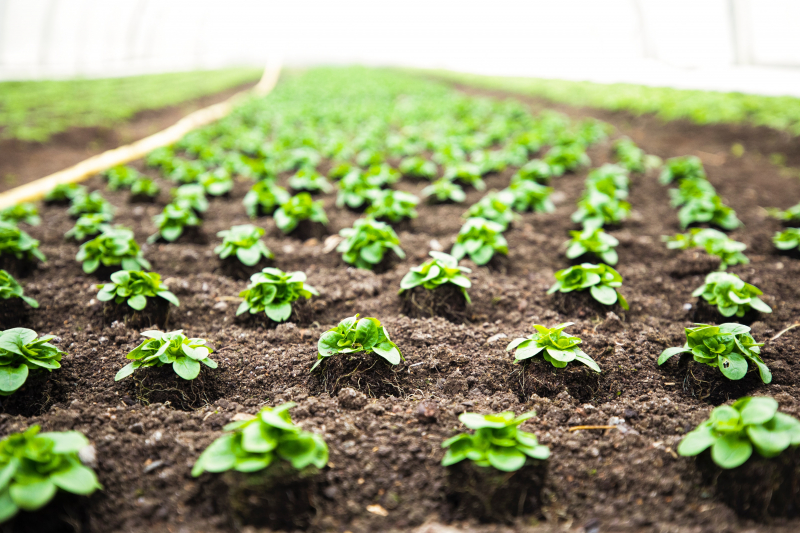Genetically Modified Organisms (GMOs) in Agriculture
Topic: Delve into the controversies surrounding the use of GMOs in agriculture, considering their impact on food safety, biodiversity, and ethical concerns.
Answer:
Genetically Modified Organisms (GMOs) in agriculture have become a focal point of controversy, sparking debates on their impact on food safety, biodiversity, and ethical considerations. This essay critically delves into the controversies surrounding GMOs, exploring the multifaceted issues that arise in the intersection of science, agriculture, and ethics.Proponents argue that GMOs hold the potential to revolutionize agriculture by enhancing crop yields, increasing resistance to pests and diseases, and addressing global food security challenges. Scientific advancements in genetic engineering offer the promise of more resilient and productive crops that can withstand environmental stressors.
One of the central controversies surrounding GMOs revolves around food safety. Critics express concerns about potential health risks associated with consuming genetically modified crops, emphasizing the need for rigorous testing and transparent labeling. The debate over whether GMOs should be clearly labeled to inform consumers adds an ethical dimension to the discussion.
The cultivation of GMOs has raised concerns about its impact on biodiversity and ecological balance. The potential for gene flow to non-GMO crops and the development of resistant pests pose risks to natural ecosystems. Evaluating the long-term consequences of GMO cultivation on biodiversity becomes an ethical imperative in sustainable agriculture.
The concentration of GMO technology in the hands of a few biotechnology corporations raises ethical questions about corporate control and farmer autonomy. Issues such as seed patents, licensing agreements, and the economic dependence of farmers on these corporations contribute to a broader discourse on equity and justice within the agricultural system.
The act of manipulating the genetic makeup of organisms raises profound ethical questions. Deliberations on the moral implications of playing 'genetic engineer' involve considerations of humanity's responsibility to the environment, the welfare of future generations, and the potential unforeseen consequences of altering the genetic code of living organisms.
In conclusion, the controversies surrounding GMOs in agriculture underscore the complex interplay between scientific innovation, ethical considerations, and the practical challenges of sustainable food production. As society grapples with the potential benefits and risks of GMOs, finding a balance between technological advancements and ethical responsibility becomes crucial. The path forward involves informed dialogue, transparent regulations, and a commitment to fostering agricultural practices that not only address global challenges but also uphold the principles of environmental stewardship and ethical farming.












